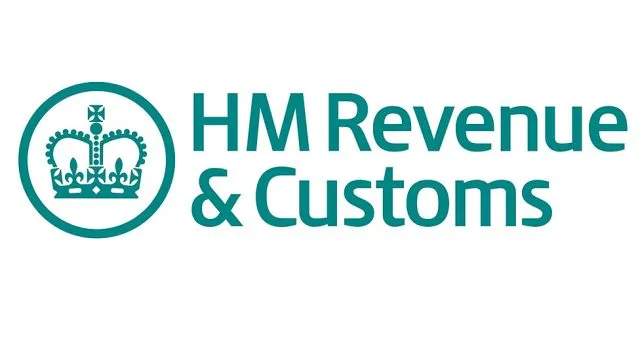The department took several important steps to explain to staff why the survey was important and how the results would be used, in order to achieve this ambitious response rate. To maximise publicity, researchers worked closely with businesses leads, unions and senior leaders to gain their agreement and support to issue the survey, issued messages to all managers and added a news article to the intranet. Staff invited to take part received a personalised message from the project’s senior sponsor, and were assured that their responses would be completely anonymous.
Once collected, survey data was stored in a restricted folder, which could only be accessed by the project analysts. These steps resulted in a response rate of 42%, well above the planned figure. Findings and personal social mobility stories were shared with staff, inspiring a rise in members of networks promoting progress on social mobility and inclusion within HMRC.
